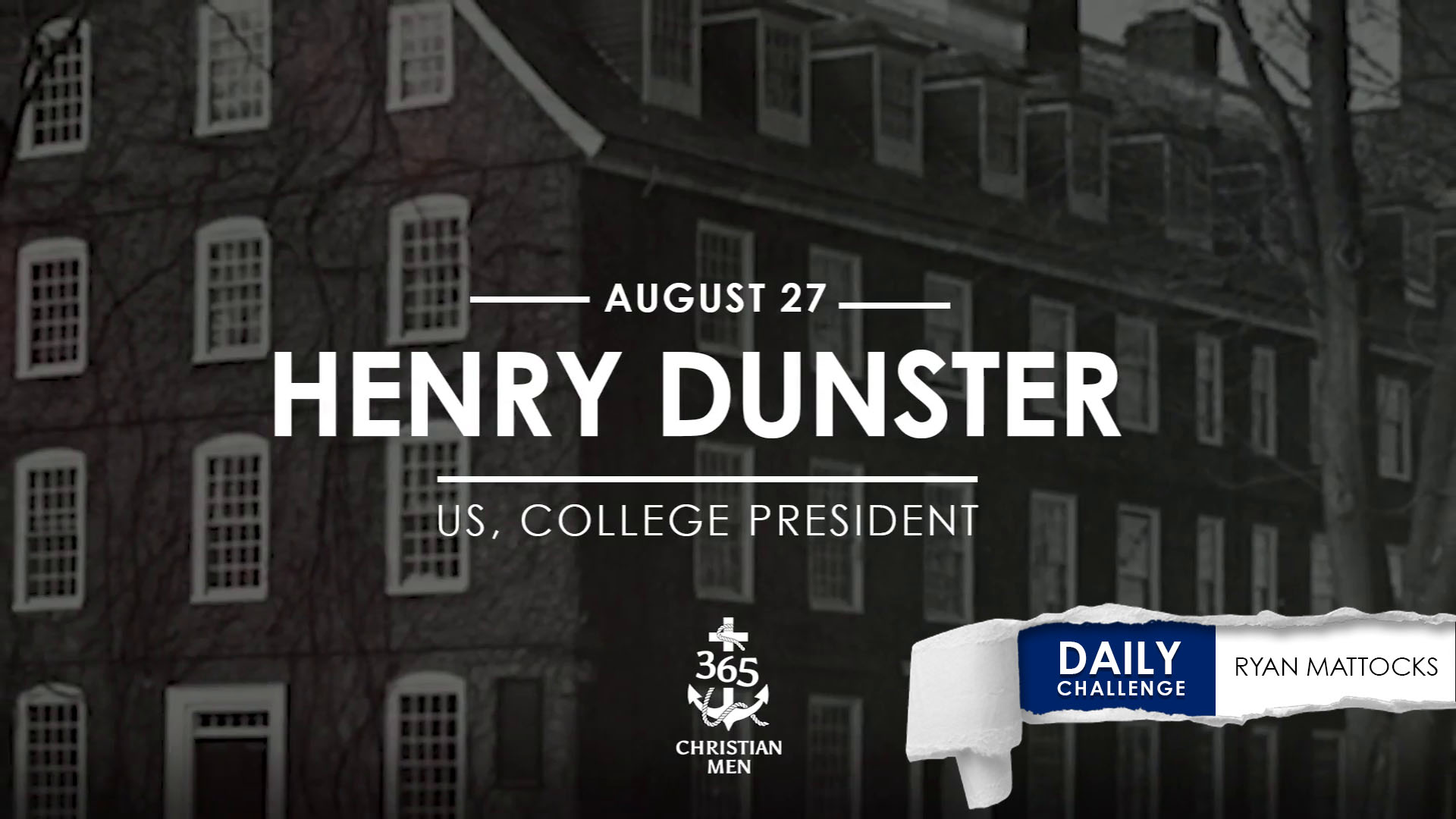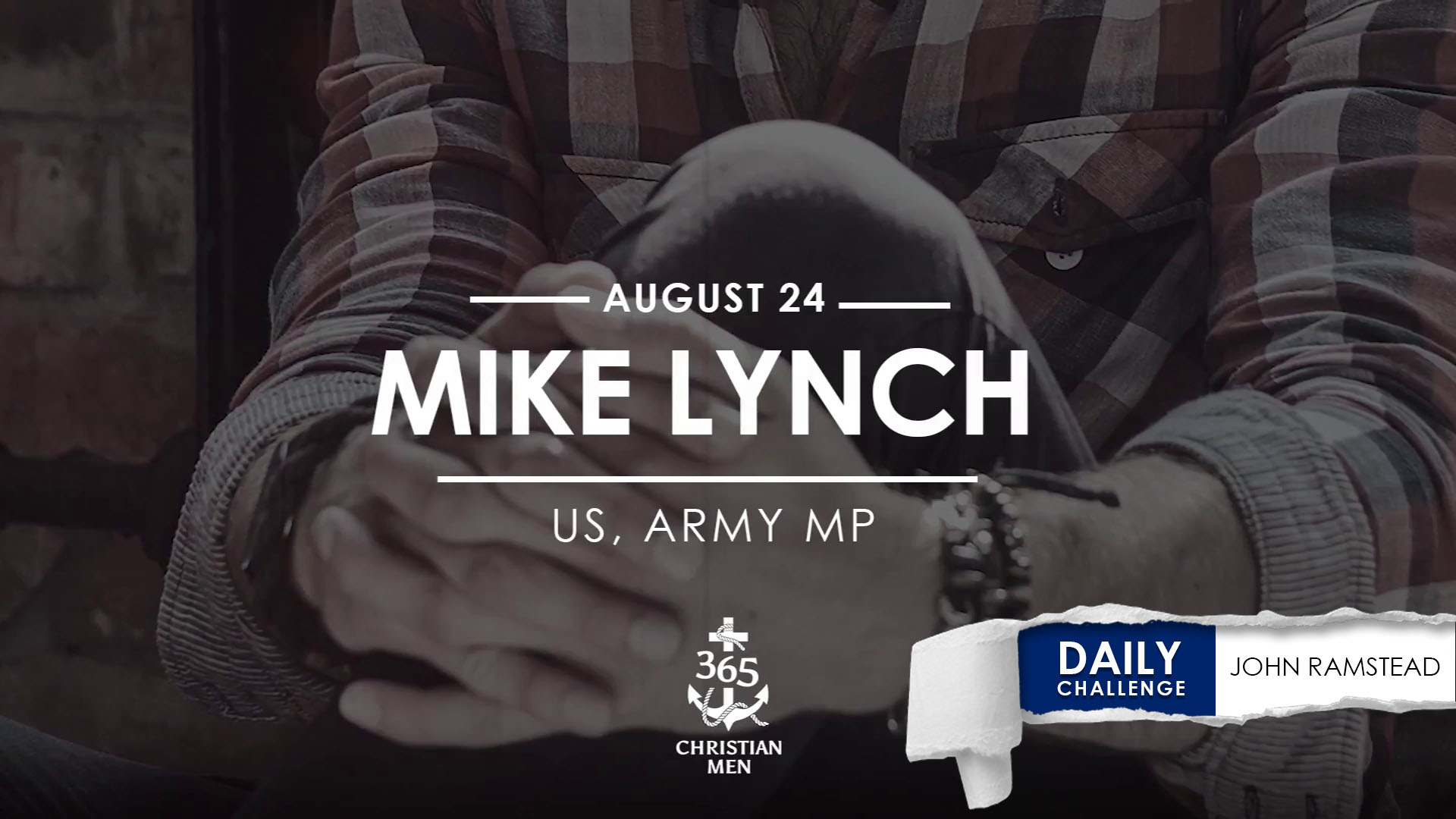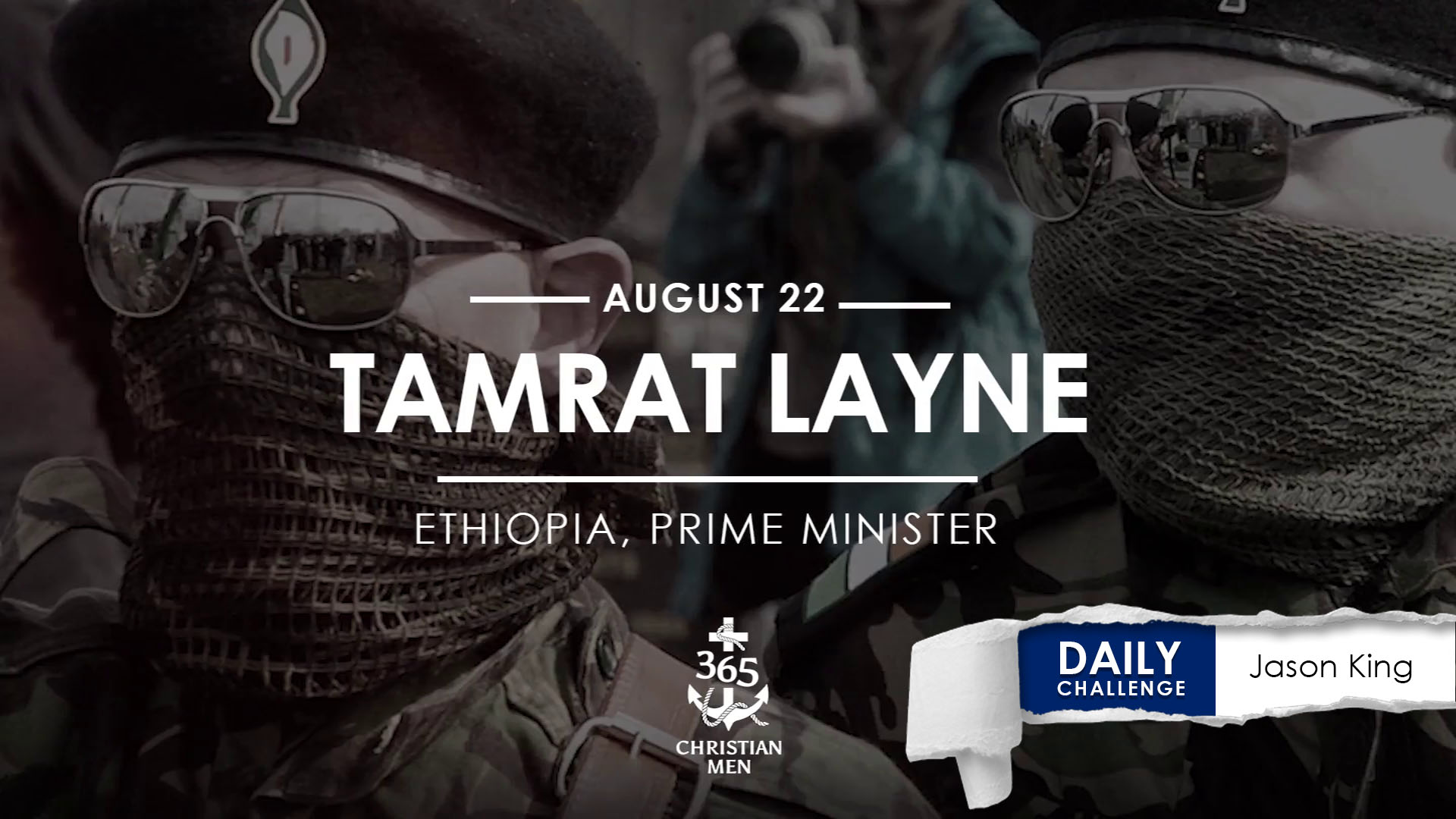August 27. Henry Dunster. Dunster was an English Puritan and a preacher who looked for religious freedom in the New World.
Three weeks after he arrived in Boston, the Harvard search committee offered Dunster a job. On this day in 1640, Dunster became the first president of Harvard.
During his tenure, the first Harvard buildings were built, and the motto Veritas was proposed. By marrying Elizabeth Glover, Dunster came to own the first printing press in England’s American colonies.
Our life’s work may not yield fast results, but the results can last lifetimes.
Taking in the sight of the school, Dunster walked the grounds of Harvard College—which was nothing like his alma mater back in England. It was smaller, filled with fewer books, and more rural. There were barely enough students here to even fill a class back at Cambridge.
But despite Harvard’s humble beginnings, Dunster knew he could take the struggling school and make it into a great university. With hard work, dedication, and God’s help, he would make Harvard a worthy institution of education.
When classes first began, Dunster had to contend with hard memories of the school’s previous headmaster, Nathaniel Eaton. He had been a cruel man, who was removed from leadership early because he beat his usher.
To some people, Dunster was a welcome reprieve. But to others, he was another possible tyrant come to wreak havoc on the learning. But Dunster didn’t let what happened in the past affect the future. Harvard was going to change and move forward—even if it took years.
He started by taking matters into his own hands. Dunster knew he couldn’t run a school from behind a desk. He had to know what the students were learning, and he had to be familiar with how it was being taught. He stepped into the classroom, teaching the entire curriculum—all subjects—himself. To make Harvard more academically credible in Biblical Studies, he added Semitic languages to the curriculum. To help his students’ education even further, he established a four-year studies program, which eventually became the typical liberal arts course that American universities use today. For Dunster, learning was important, and if his students were going to be prepared for the world, they had to be educated mentally and spiritually.
“Let every student be plainly instructed,” Dunster said in the Dunster Code, “and earnestly pressed to consider well, the main end of his life and studies is to know God and Jesus Christ, which is eternal life, and therefore to lay Christ at the bottom, as the only foundation of all sound knowledge and learning.”
Dunster knew curriculum alone wasn’t enough to build up a school. As its president, there were administrative duties to attend to, as well, such as student billing and accounting. He also created a code of law and admission guidelines. But there was another problem. If Harvard was to grow like Dunster wanted, it needed physical space. Land was needed and new buildings.
Yet money was scarce. Living in the American colonies was more of a guarantee to poverty than wealth. How would he get the school land when people wanted land for their own homes and farming?
Dunster knew poverty himself. He barely had enough money to provide for his family. But he believed in the future of Harvard, a seed planted in the ground that would eventually grow into a mighty tree. Harvard needed land, and he would provide it. Taking out paper and ink, he signed a donation of a hundred acres of his own property to the school.
Months turned to years. Years turned to decades. There was growth, and Harvard was no longer the struggling school that had nearly gone under. But even after Dunster’s departure and death, Harvard continued with what he had established.
Like a seed planted in the ground, it grew to become mighty. Dunster didn’t live long enough to see his college become one of the most prominent universities in the world, but he had envisioned what it could become with hard work and dedication. The lives of his students and the students who came after them, were impacted by his legacy.
“Commit to the LORD whatever you do, and he will establish your plans” (Proverbs 16:3 NIV).
What kind of legacy will your work leave? Our life’s work may not yield fast results, but the results can last lifetimes.
Youngs, Bill. “Dunster, Henry.” Accessed June 22, 2020. http://www.americanrealities.com/dunster-henry.html.
Story read by: Daniel Carpenter
Introduction read by: Daniel Carpenter
Audio production: Joel Carpenter
Editor: Teresa Crumpton, https://authorspark.org/
Project Manager: Blake Mattocks
Copyright 2020, 365 Christian Men, LLC. All rights reserved.














